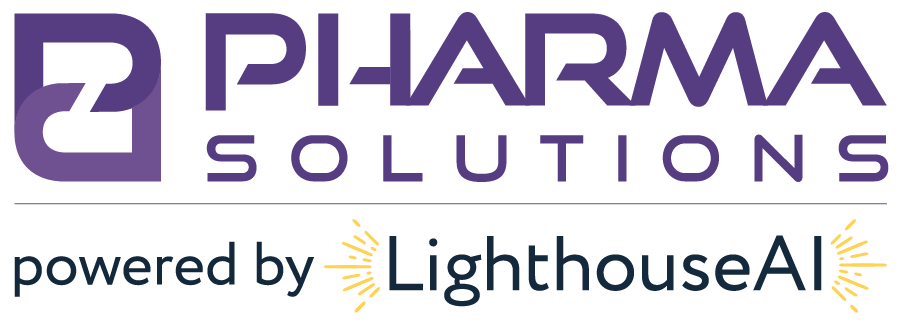Miami-Luken to Begin Winding Down Operations
In business for over 50 years, Miami-Luken is a regional full-line wholesaler drug distributor offering up to 26,000 products and shipping out of a 60,000 square foot warehouse. They currently belong to the OptiSource buying group. The company will stay open as it sells through remaining inventory but there are no plans to replenish stock.
Recent DEA actions and their accompanying lawsuits have decimated profit, and now the future viability, of Miami-Luken. The company was the subject of a 60 minutes exposé on excessive shipments of narcotics. It was reported that four small pharmacies in West Virginia received more than 24 million pills between 2005 and 2015 from the distribution company.
Other Major Distributors in Financial Trouble
This news comes on the heels of rumors that Drugs Unlimited, a former powerhouse in the Puerto Rico market and members of the Premier buying group, are in advanced conversations with Cardinal Health due to financial trouble. Cardinal Health, through subsidiary Parmed, has put a vice grip on the island’s thriving independent pharmacy market with rock-bottom pricing on generics over the past 5 years after opening a major distribution center outside of San Juan. Primary vendor contracts are not an accepted scheme and so generic pricing is the “wild wild west” for buyers and sellers.
Recent Industry Changes
More and more purchasing power continues to float to the top as companies outside the Big 3 are purchased or closed. Masters Pharmaceutical and H.D. Smith were both gobbled up in 2018. With Miami-Luken potentially closing its doors, the number of regional full-line distributors may drop by two in 2018. Add that to Morris and Dickson’s recent troubles (read here) which might push the company to sell, and the pharmaceutical distribution landscape could look very different by the end of the year.
Why Close and Not Sell?
The decision to wind down operations is a testament to the number of lawsuits that the company is currently looking at. Likely, banks and private equity are not willing to take on the unmitigated risk of providing operating cash flow with the company stock as collateral.
In years past, when AmerisourceBergen purchased Bellco, Bellco took a $45M hit on their purchase price due to their DEA probe (19% reduction off the original purchase price of $235M).
Remaining OptiSource Members
Remaining members of the OptiSource buying group include:
What Companies Can Do to Protect Their Business
Politicians and the media have placed the responsibility of the opioid epidemic squarely on the pharmaceutical supply chain. In addition to wholesale distributors, manufacturers, and third-party logistics companies have also seen the DEA take significant action against them. There is a growing need to have a proven and programmatic approach to suspicious order monitoring. Suspicious order monitoring software helps manufacturers and distributors make sure that they are in compliance with DEA regulations – in the case of Masters and Morris and Dickson, this could result in potentially losing the ability to buy and sell controlled substances completely and significant loss of your company’s value.
NavigateSOM
Pharma Solutions launched a cloud-based suspicious order monitoring software called NavigateSOM.
NavigateSOM uses 13 different algorithms to flag suspicious orders; NavigateSOM then allows for users to see the exact reason for the flag and upload investigation materials for rock-solid “DEA defensibility.” Other capabilities include, but are not limited to, easy API integration and expanded graph reporting per NDC, family, and class of trade.
To learn more about NavigateSOM, visit our website www.navigatesom.com and schedule a free consultation with us!
About Us
Based just outside of Philadelphia, Pharma Solutions provides actionable guidance and excellent administrative services with a focus on client care across Compliance, Commercial, and Quality solutions. Our mission is to improve the health and welfare of the American public by providing solutions and implementing best practices for companies in the pharmaceutical supply chain.




0 Comments